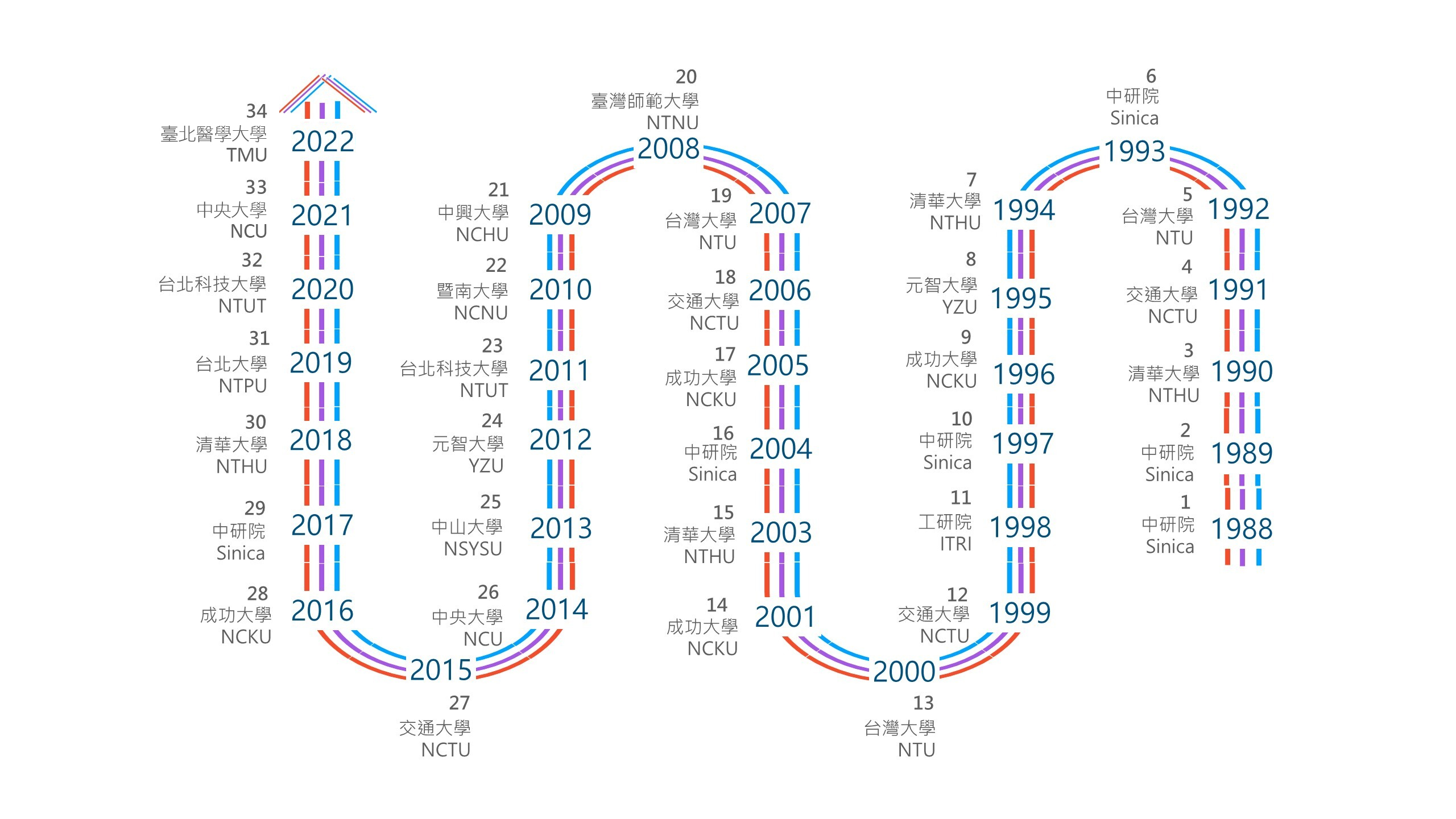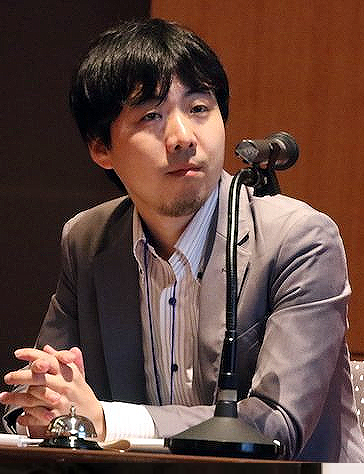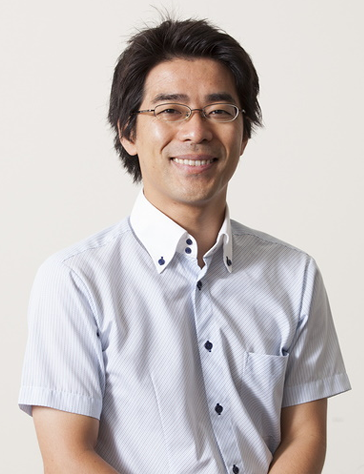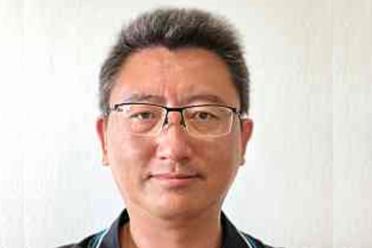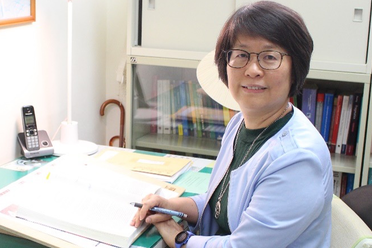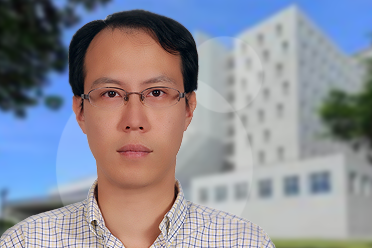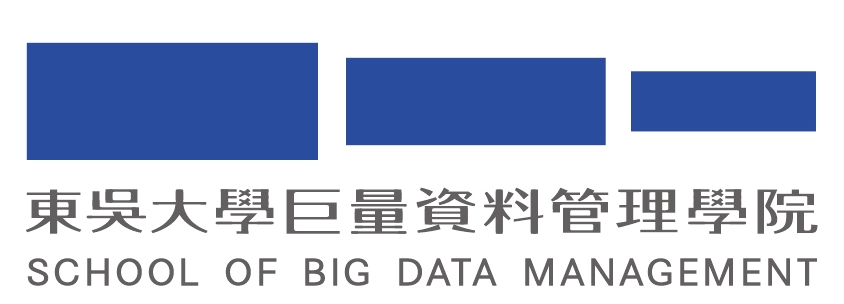Matching Texts with Data for Evidence-based Information Retrieval
Speaker: Prof. Makoto P. Kato
- Professor, University of Tsukuba, Japan
- Time: 09:00 ~ 10:00, November 21, 2022
- Session Chair: Min-Yuh Day
Biography
Makoto P. Kato received his Ph.D. degree in Graduate School of Informatics from Kyoto University, Sakyo Ward, Yoshidahonmachi, in 2012. Currently, he is an associate professor of Faculty of Library, Information and Media Science, University of Tsukuba, Japan. In 2008, he was awarded 'WISE 2008 Kambayashi Best Paper Award' through the article 'Can Social Tagging Improve Web Image Search?' with other researchers. In 2010, he served as a JSPS Research Fellow in Japan Society for the Promotion of Science. During the period 2010 to 2012, he also served in Microsoft Research Asia Internship (under supervision by Dr. Tetsuya Sakai in WIT group), Microsoft Research Asia Internship (under supervision by Dr. Tetsuya Sakai in WSM group), and Microsoft Research Internship (under supervision by Dr. Susan Dumais in CLUES group). From 2012, he worked as an assistant professor in Graduate School of Informatics, Kyoto University, Japan. His research and teaching career began, and he worked as an associate professor from 2019 in Graduate School of Informatics, Kyoto University, Japan. His research interests include Information Retrieval, Web Mining, and Machine Learning, while he is an associate professor in Knowledge Acquisition System Laboratory (Kato Laboratory), University of Tsukuba, Japan.
Abstract
We are now facing the problem of misinformation and disinformation on the Web, and search engines are struggling to retrieve reliable information from a vast amount of Web data. One of the possible solutions to this problem is to find reliable evidences supporting a claim on the Web. But what are “reliable evidences”? They can include authorities' opinions, scientific papers, or wisdom of crowds. However, they are also sometimes subjective as they are outcomes produced by people.
This talk discusses some approaches incorporating another type of evidences that are very objective --- numerical data --- for reliable information access.
(1) Entity Retrieval based on Numerical Attributes
Entity retrieval is a task of retrieving entities for a given text query and usually based on text matching between the query and entity description. Our recent work attempted to match the query and numerical attributes of entities and produce explainable rankings. For example, our approach ranks cameras based on their numerical attributes such as resolution, f-number, and weight, in response to queries such as “camera for astrophotography” and “camera for hiking”.
(2) Data Search
When people encounter suspicious claims on the Web, data can be reliable sources for the fact checking. NTCIR Data Search is an evaluation campaign that aims to foster data search research by developing an evaluation infrastructure and organizing shared tasks for data search. The first test collection for data search and some findings are introduced in this talk.
(3) Data Summarization
While the data search project attempts to develop a data search system for end users and help them make decisions based on data, it is still difficult for users to quickly interpret data. Therefore, data summarization techniques are also necessary to enable users to incorporate data in their information seeking process. Recent automatic visualization and text-based data summarization techniques are presented in this talk.
Title: Speech Synthesis Research 2.0
Speaker: Prof. Junichi Yamagishi
- Professor, National Institute of Informatics, Japan
- Time: 09:00 ~ 10:00, November 22, 2022
- Session Chair: Yu Tsao
Biography
Junichi Yamagishi received the Ph.D. degree from Tokyo Institute of Technology in 2006 for a thesis that pioneered speaker-adaptive speech synthesis. He is currently a Professor with the National Institute of Informatics, Tokyo, Japan, and also a Senior Research Fellow with the Centre for Speech Technology Research, University of Edinburgh, Edinburgh, U.K. Since 2006, he has authored and co-authored more than 250 refereed papers in international journals and conferences. He was an area coordinator at Interspeech 2012. He was one of organizers for special sessions on “Spoofing and Countermeasures for Automatic Speaker Verification” at Interspeech 2013, “ASVspoof evaluation” at Interspeech 2015, “Voice conversion challenge 2016” at Interspeech 2016, “2nd ASVspoof evaluation” at Interspeech 2017, and “Voice conversion challenge 2018” at Speaker Odyssey 2018. He is currently an organizing committee for ASVspoof 2019, an organizing committee for ISCA the 10th ISCA Speech Synthesis Workshop 2019, a technical program committee for IEEE ASRU 2019, and an award committee for ISCA Speaker Odyssey 2020. He was a member of IEEE Speech and Language Technical Committee. He was also an Associate Editor of the IEEE/ACM TRANSACTIONS ON AUDIO, SPEECH, AND LANGUAGE PROCESSING and a Lead Guest Editor for the IEEE JOURNAL OF SELECTED TOPICS IN SIGNAL PROCESSING special issue on Spoofing and Countermeasures for Automatic Speaker Verification. He is currently a guest editor for Computer Speech and Language special issue on speaker and language characterization and recognition: voice modeling, conversion, synthesis and ethical aspects. He also serves as a chairperson of ISCA SynSIG currently. He was the recipient of the Tejima Prize as the best Ph.D. thesis of Tokyo Institute of Technology in 2007. He received the Itakura Prize from the Acoustic Society of Japan in 2010, the Kiyasu Special Industrial Achievement Award from the Information Processing Society of Japan in 2013, the Young Scientists’ Prize from the Minister of Education, Science and Technology in 2014, the JSPS Prize from Japan Society for the Promotion of Science in 2016, and Docomo mobile science award from Mobile communication fund in 2018.
Abstract
The Yamagishi Laboratory at the National Institute of Informatics researches text-to-speech (TTS) and voice conversion (VC) technologies. Having achieved TTS and VC methods that reproduce human-level naturalness and speaker similarity, we introduce three challenging projects we are currently working on as the next phase of our research.
1) Rakugo speech synthesis [1]
As an example of a challenging application of speech synthesis technology, especially an example of an entertainment application, we have concentrated on rakugo, a traditional Japanese performing art. We have been working on learning and reproducing the skills of a professional comic storyteller using speech synthesis. This project aims to achieve an "AI storyteller" that entertains listeners, entirely different from the conventional speech synthesis task, whose primary purpose is to convey information or answer questions. The main story of rakugo comprises conversations between characters, and various characters appear in the story. These characters are performed by a single rakugo storyteller, who changes their voice appropriately so the listeners can understand and entertain them. To reproduce such characteristics of rakugo voice by machine learning, performance data of rakugo and advanced modeling techniques are required. Therefore, we constructed a corpus of rakugo speech without any noise or audience sounds with the cooperation of an Edo-style rakugo performer and modeled this data using deep learning. In addition, we benchmarked our system by comparing the generated Rakugo speech with performances by Rakugo storytellers of different ranks (“Zenza/前座," “Futatsume/二つ目," and “Shinuchi/真打") through subjective evaluation.
(2) Speech intelligibility enhancement [2]
In remote communication, such as online conferencing, there are environmental background noises on both speaker and listener sides. Speech intelligibility enhancement is a technique to manipulate speech signals so as not to be masked by the noise on the listener's side while maintaining the volume. This is not a simple conversion task since "correct teacher data" does not exist. For this reason, deep learning has not been used in the past, and there has been no significant technological progress. However, various possible practical applications exist, such as intelligibility enhancement of station announcements. Therefore, we proposed a network structure called "iMetricGAN" and its learning method, in which complex and non-differentiable speech intelligibility and quality indexes are treated as output values of a discriminator in an adversarial generative network, the discriminator approximates the indexes and based on the approximated indexes, a generator is used to transform an input speech signal into an enhanced, easy-to-hear speech signal automatically. Subject experiments confirmed that this transformation significantly improves keyword recognition in noisy environments.
(3) Speaker Anonymization [3, 4]
Now that it is becoming easier to build speech synthesis systems that digitally clone someone’s voice using ‘found' data on social media, there is a need to mask the speaker information in speech and other sensitive attributes that are appropriate to be protected. This is a new research topic; it has not yet been clearly defined how speaker anonymization can be achieved. We proposed a speaker anonymization method that combines speech synthesis and speaker recognition technologies. Our approach decomposes speech into three pieces of information: prosody, phoneme information, and a speaker embedding vector called X-vector, which is standardly used in speaker recognition and anonymizes the individuality of a speaker by averaging only the X-vector with K speakers. A neural vocoder is used to re-synthesize high-quality speech waveform. We also introduce a speech database and evaluation metrics to compare speaker anonymization methods.
Reference
[1] Shuhei Kato, Yusuke Yasuda, Xin Wang, Erica Cooper, Shinji Takaki, Junichi Yamagishi "Modeling of Rakugo Speech and Its Limitations: Toward Speech Synthesis That Entertains Audiences,” IEEE Access, vol.8, pp.138149-138161, July 2020
[2] Haoyu Li, Junichi Yamagishi, “Multi-Metric Optimization Using Generative Adversarial Networks for Near-End Speech Intelligibility Enhancement,” IEEE/ACM Transactions on Audio, Speech, and Language Processing, vol.29, pp.3000-3011, Sept 2021
[3] Fuming Fang, Xin Wang, Junichi Yamagishi, Isao Echizen, Massimiliano Todisco, Nicholas Evans, Jean-Francois Bonastre, “Speaker Anonymization Using X-vector and Neural Waveform Models,” 10th ISCA Speech Synthesis Workshop (SSW10), Sept 2019
[4] Xiaoxiao Miao, Xin Wang, Erica Cooper, Junichi Yamagishi, Natalia Tomashenko, "Language-Independent Speaker Anonymization Approach using Self-Supervised Pre-Trained Models,” Odyssey 2022: The Speaker and Language Recognition Workshop, June 2022




